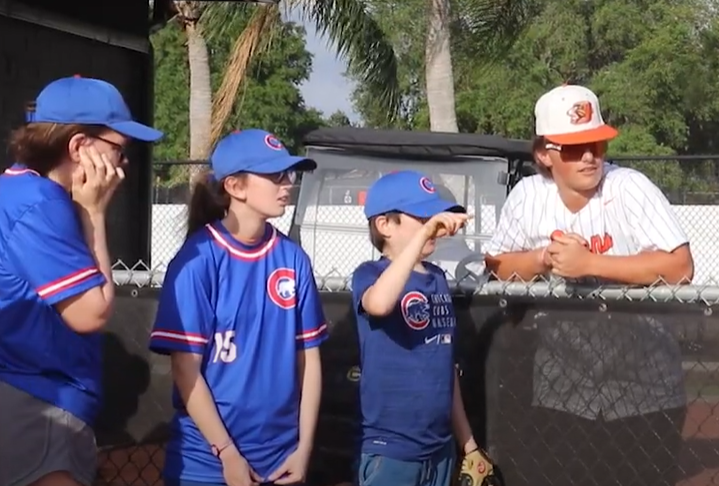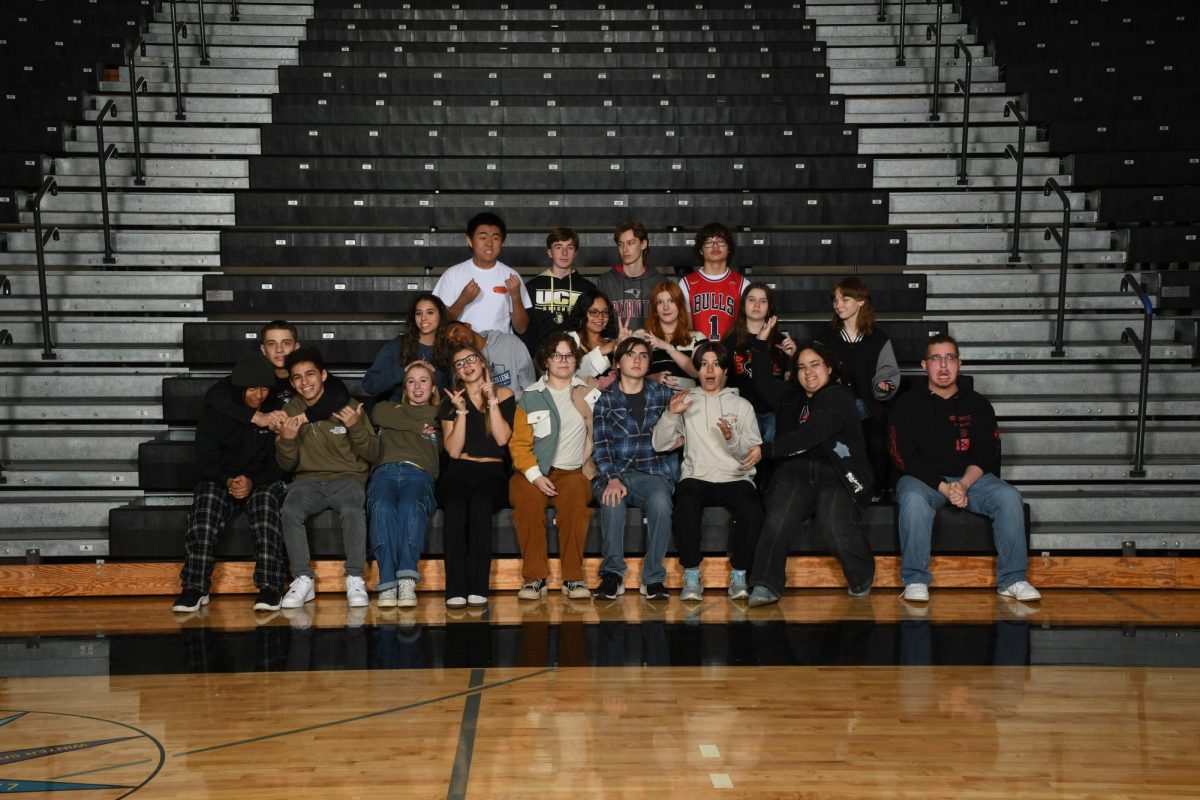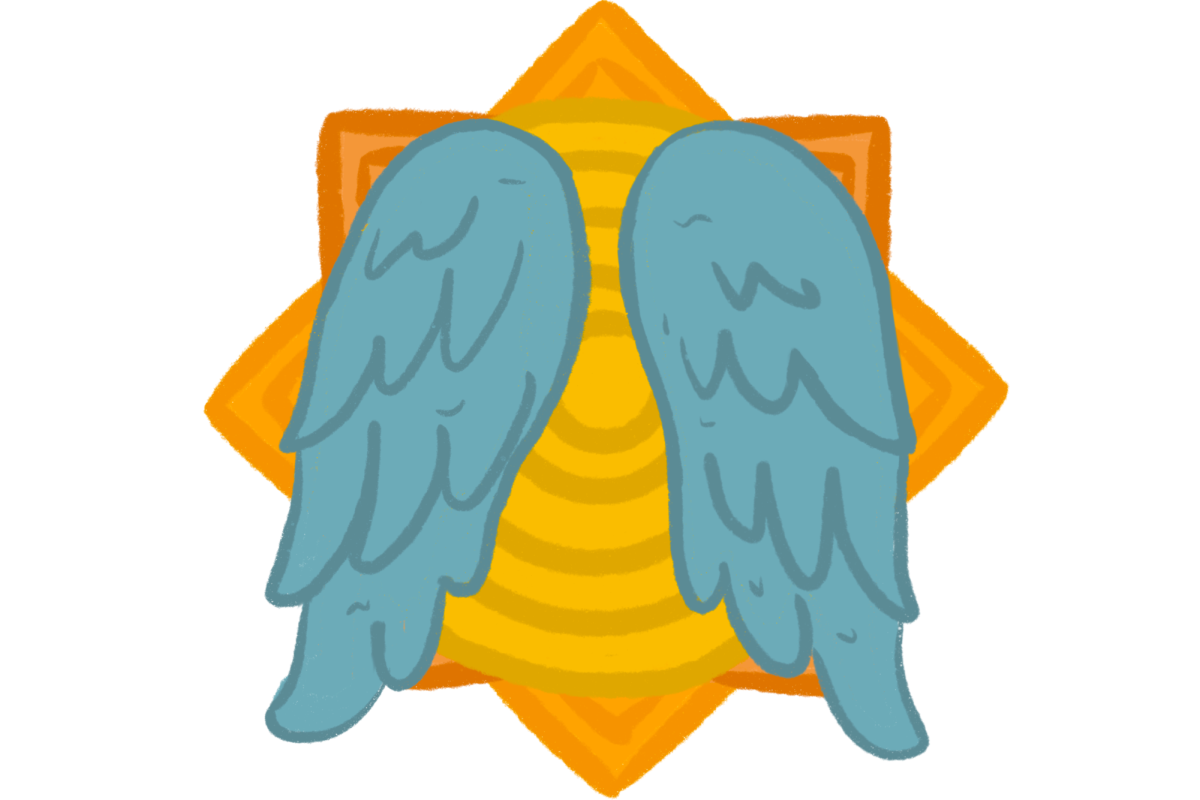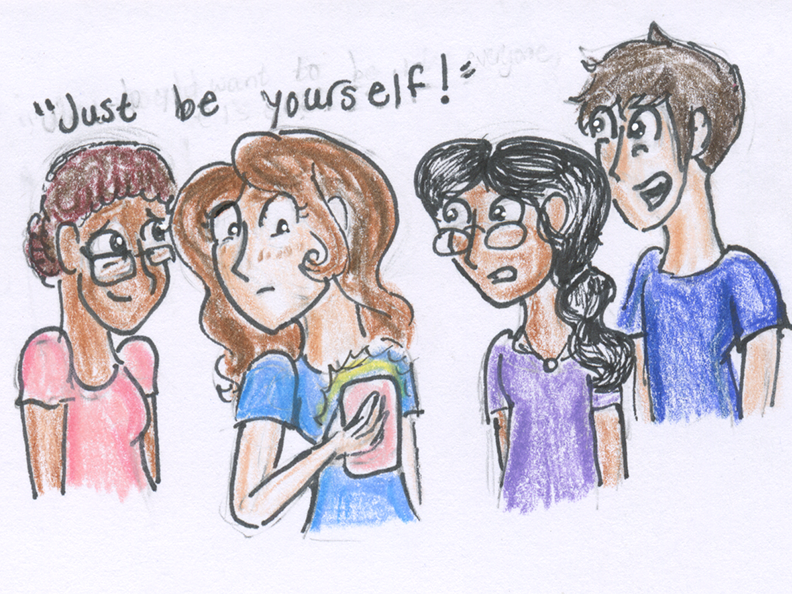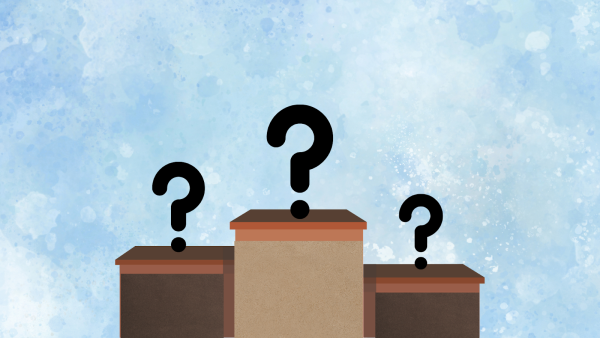Happiness comes from human interaction
WEB EXCLUSIVE
Over the summer, I spent a lot of time at home on my phone, as so many teenagers did. Everything the media had to offer was thrown my way as I willingly and mindlessly scanned through page after page of memes and celebrity news. I often stayed up late into the night on my phone, mainly because I felt as if I had nothing better to do.
As time passed, I began to grow less and less satisfied with myself and who I was. Why wasn’t I sociable and popular, like the people I knew that so often posted pictures of themselves? Why couldn’t I be stylish, like the girls in the makeup tutorials on YouTube?
In retrospect, I had never before wanted either of these things, until that summer. But such thoughts occupied the forefront of my mind, and I became absorbed in the limitless posts, photos and videos that appeared on the screen.
Then, I began to grow tired of the internet, as the more I aimlessly browsed it, the more I ceaselessly scrolled through online posts without even bothering to read them. My self-esteem decreased, as I noticed how different my own life was from those projected by girls I was acquainted with. These girls were going to the beach together, or to sports games, concerts, and restaurants. No matter where they went, they posted their smiling faces on their Snapchat stories, making me wonder why my own posts were filled with phrases like “so bored” and “nothing to do.”
I spoke to a few close friends about this matter. In hindsight, I noticed that I did not mention my addiction to social media, but rather my lack of a social life, though the former was the root of the problem. Of course, my friends offered genuine support, but it didn’t seem to matter much at the time. Perhaps it was because of my unnatural thirst for popularity at the time, but the words of the people I knew best just didn’t seem to make a difference. After all, they were my friends, so wouldn’t they only be telling me what I wanted to hear?
On occasion, I would meet with some of them sometimes, and we would go to the mall, cosplay conventions, or movies. These were undoubtedly the highlights of my summer. I wasn’t focused on my phone, but rather with actual people who were spending time with me. Then, I was connecting with people, and was truly happy.
Towards the end of the summer, I took a Myers-Briggs personality test out of curiosity. My sister, who had recently started college, had taken one in an assignment for a course, and I was interested in the idea that other people shared my personality aspects. I took the test, and found out that, among many other traits, I was an extrovert.
At first, this didn’t answer many questions. What did being an extrovert mean? Was it something that I wanted to be? What if being an extrovert had to do with why I was unhappy with who I was? Was the fact that I was excessively outgoing and drawn towards people the reason why I couldn’t seem to be popular, and therefore, happy?
It turns out, this was only halfway right. During a lesson in my AP Psychology class this fall, I learned that being an extrovert didn’t mean that I was loud, obnoxious or shallow. Rather, it simply means that being around people leaves me feeling energized, and, oftentimes, happy.
Suddenly, my internal crisis made so much more sense. Because I was spending so much time on my phone, I wasn’t interacting with other people very often. I was listless and lethargic, even though I hadn’t been working very hard most of the time. I was depriving myself of interacting with my friends, and that had been damaging me.
When school started, seeing all my friends after a long, mostly eventless summer felt like resurfacing after being underwater for a long period of time. I remembered why I loved each and every one of them, and I thought back to what some of them had said over the summer. They were right, of course- I didn’t need to have hundreds of Snapstreaks and Instagram likes (from people I hardly knew) to make me happy, not when I had a number of close friends who would always be there to support me.
And once I began interacting with them, I noticed how much they really cared about me. They weren’t pageviews and comments- they were living, breathing human beings who considered me, of all people, to be someone they could confide in, tell stories to or laugh with. And if that didn’t make me happy, what else could?
Your donation will support the student journalists of Oviedo High School. Your contribution will allow us to purchase equipment and cover our annual website hosting and printing costs. Thank you!

![Prom king Colin Napier and queen Leah Hopkins dance the night away during the Golden Gala on April 26th. Prior to the prom, the Student Government must make many preparations over the course of months in order to ensure it goes off without a hitch. However, their work eventually pays off when it comes time for the dance. “We set up [the prom] the day before, and it’s horrible. We’re there for a very long time, and then we get our beauty sleep, and then we get ready for prom the next day,” Aubrie Sandifer said.](https://oviedojournalism.com/wp-content/uploads/2025/05/Oviedo-197-800x1200.jpg)


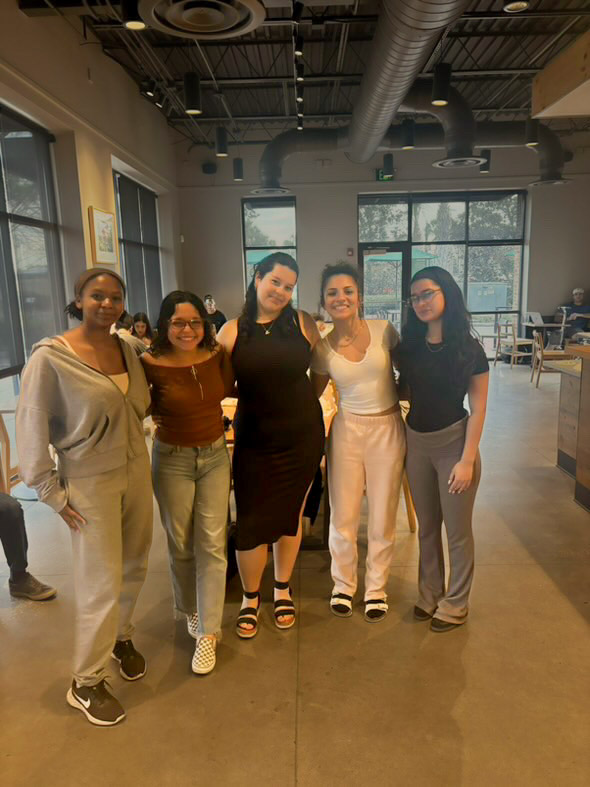



![Hopkins at Honor Grad with golf coach John McKernan. As Hopkins’ golf coach for the last two years he has seen Hopkins’ growth as a player and person along with their contributions to the team. “[Hopkins] has just been really helpful since I took [the golf team] over, just anything I wanted to do I ran by [Hopkins],” said McKernan.](https://oviedojournalism.com/wp-content/uploads/2025/05/B66A7760-800x1200.jpg)


